The problem with substandard and falsified (SF) medical products may grow in high-income countries when e-commerce of medicines increases. Unauthorized websites offer medicines of insufficient quality. This underscores the importance of evaluating how the problem with SF medical products can be prevented from escalating. However, little is known about what knowledge and experience professionals working primarily with medicines have about the phenomenon. This study was conducted to explore purposively selected pharmacists’ experience and knowledge about SF medical products. Twelve individual interviews were conducted with purposively selected pharmacists between May 2021 and September 2021. An interview guide was used with specific questions about e-commerce, which focused on exploring pharmacists’ experience and knowledge about SF medical products. The interviews lasted, on average, 49 min and were analyzed using inductive qualitative content analysis. A main theme ‘Pharmacists as guardians of safe medicines’ emerged. This theme consisted of three categories pinpointing ‘risk factors’, ‘protective factors’, and ‘opportunities for improvement’ regarding SF medical products. Findings suggest that pharmacists can play a role in preventing the problem with SF medical products from escalating. Participants emphasized they were in this line of work to help patients and increase patient safety.
By Amelie Persson, Margareta Troien, Susanne Lundin, Patrik Midlöv and Cecilia Lenander
Exploratory Research in Clinical and Social Pharmacy https://doi.org/10.1016/j.rcsop.2024.100421




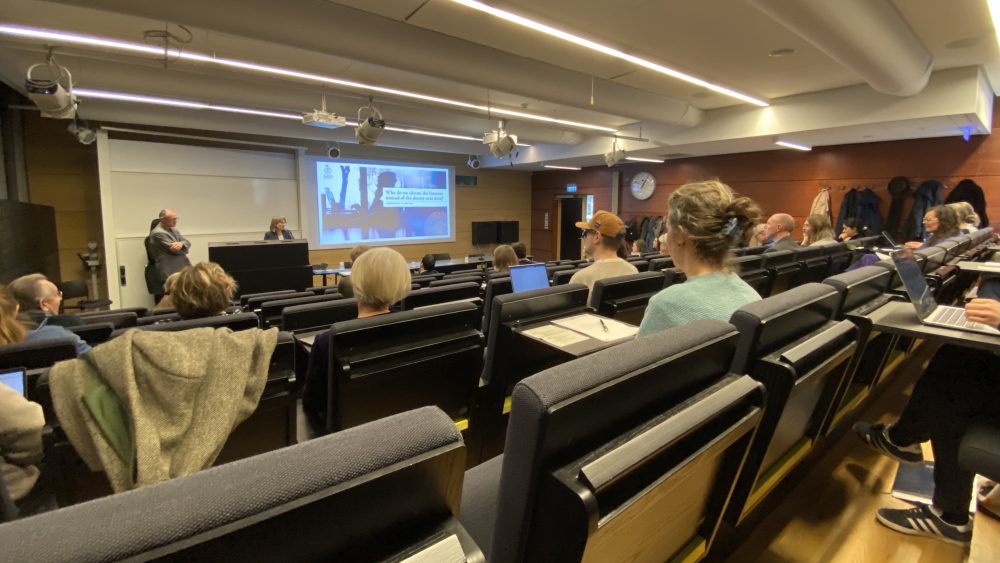
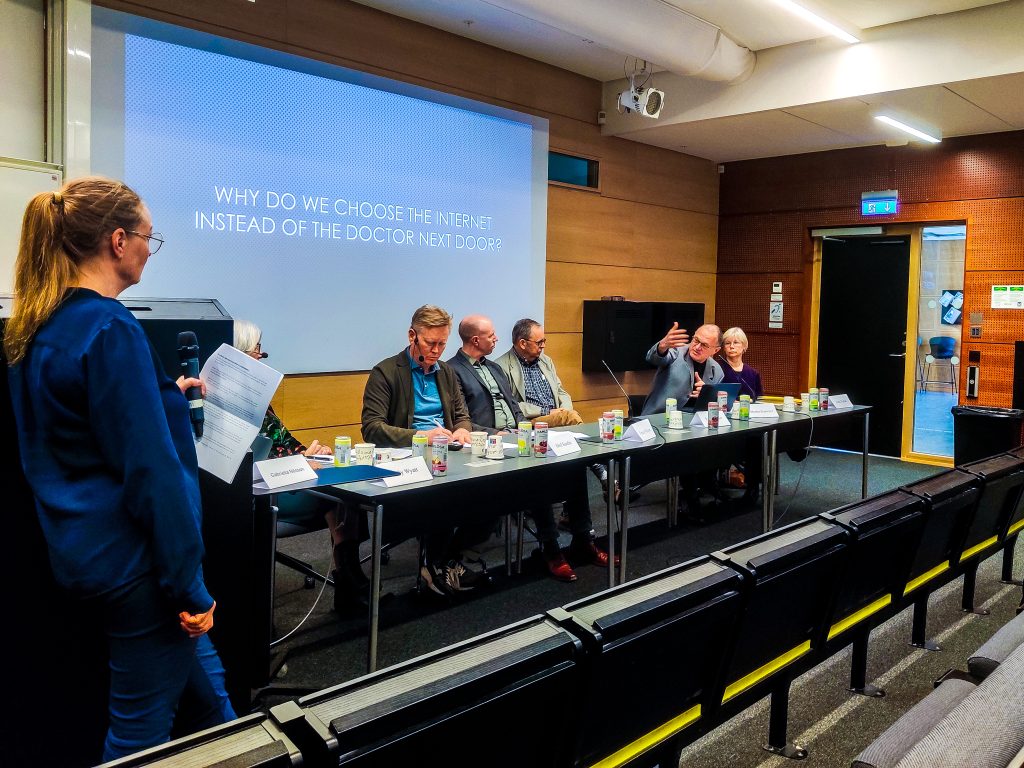
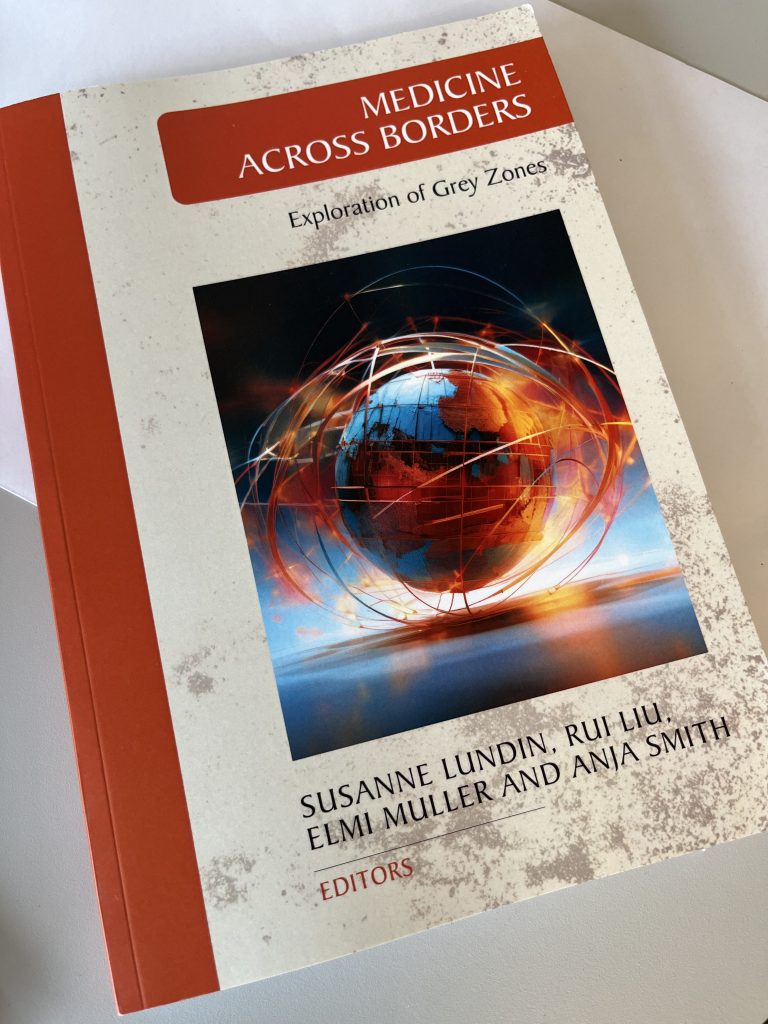

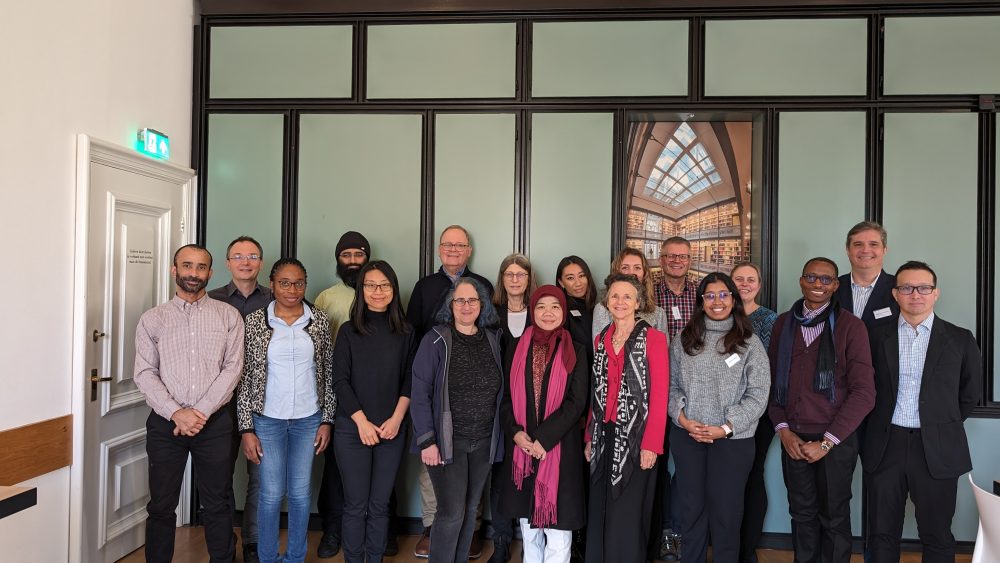
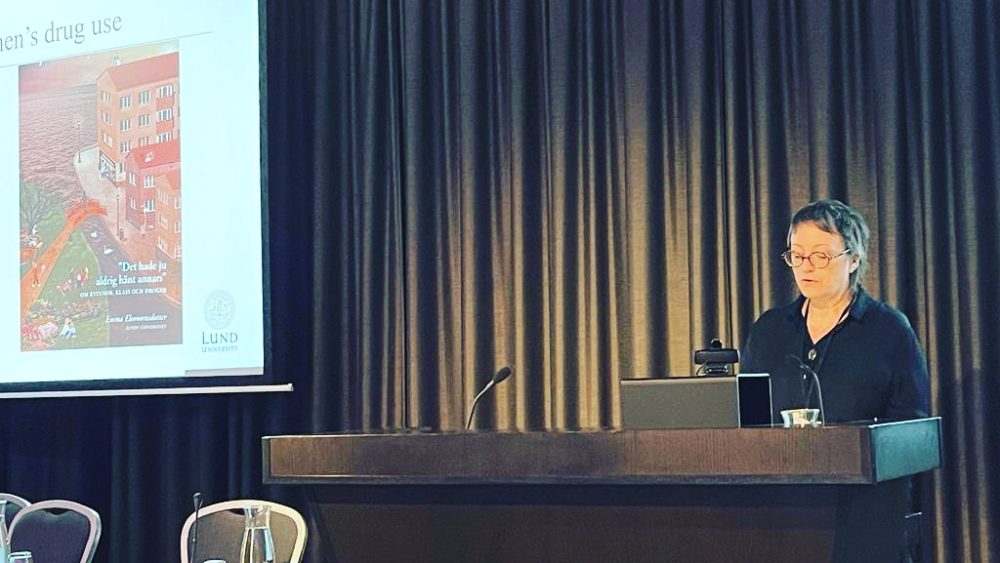
Comments